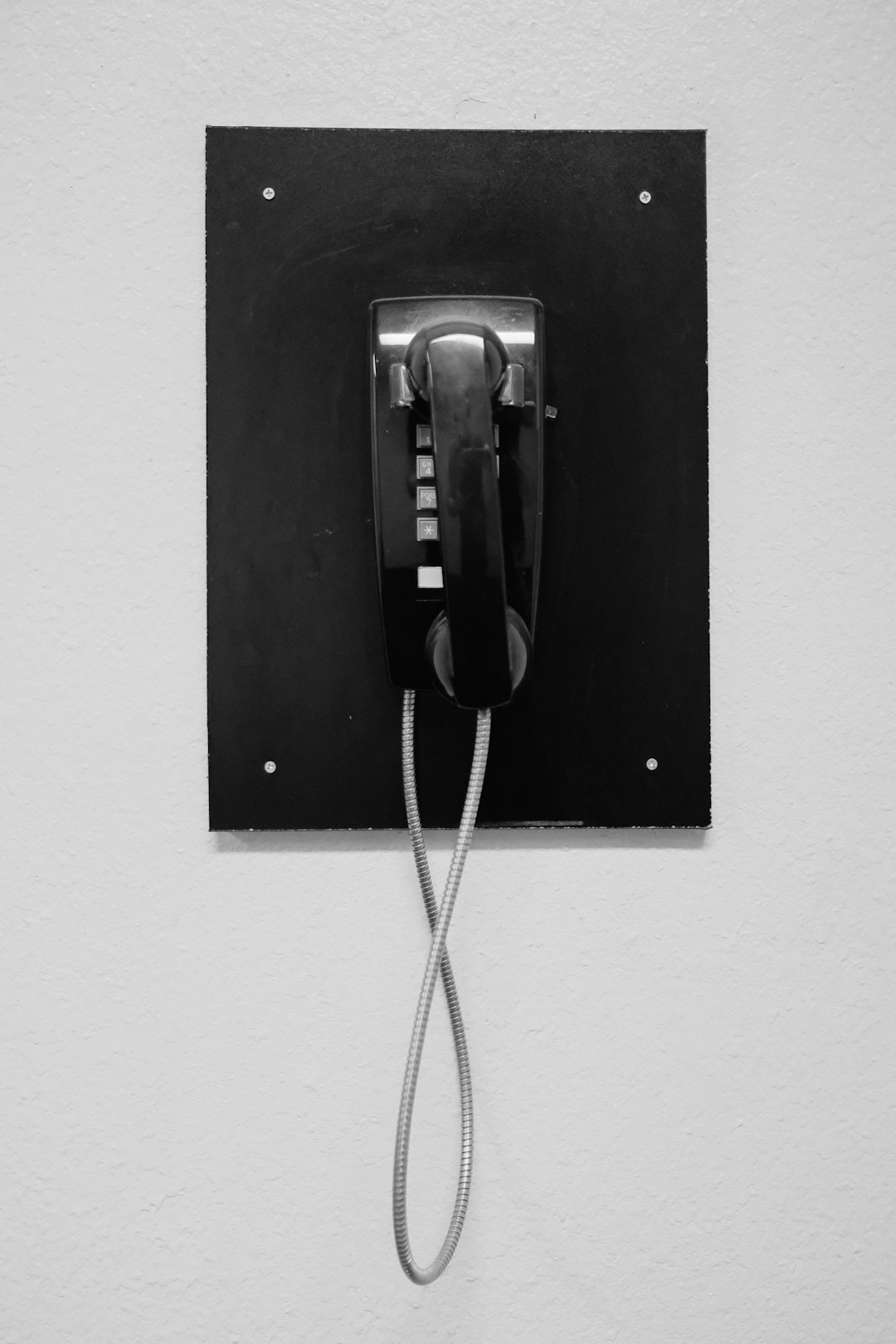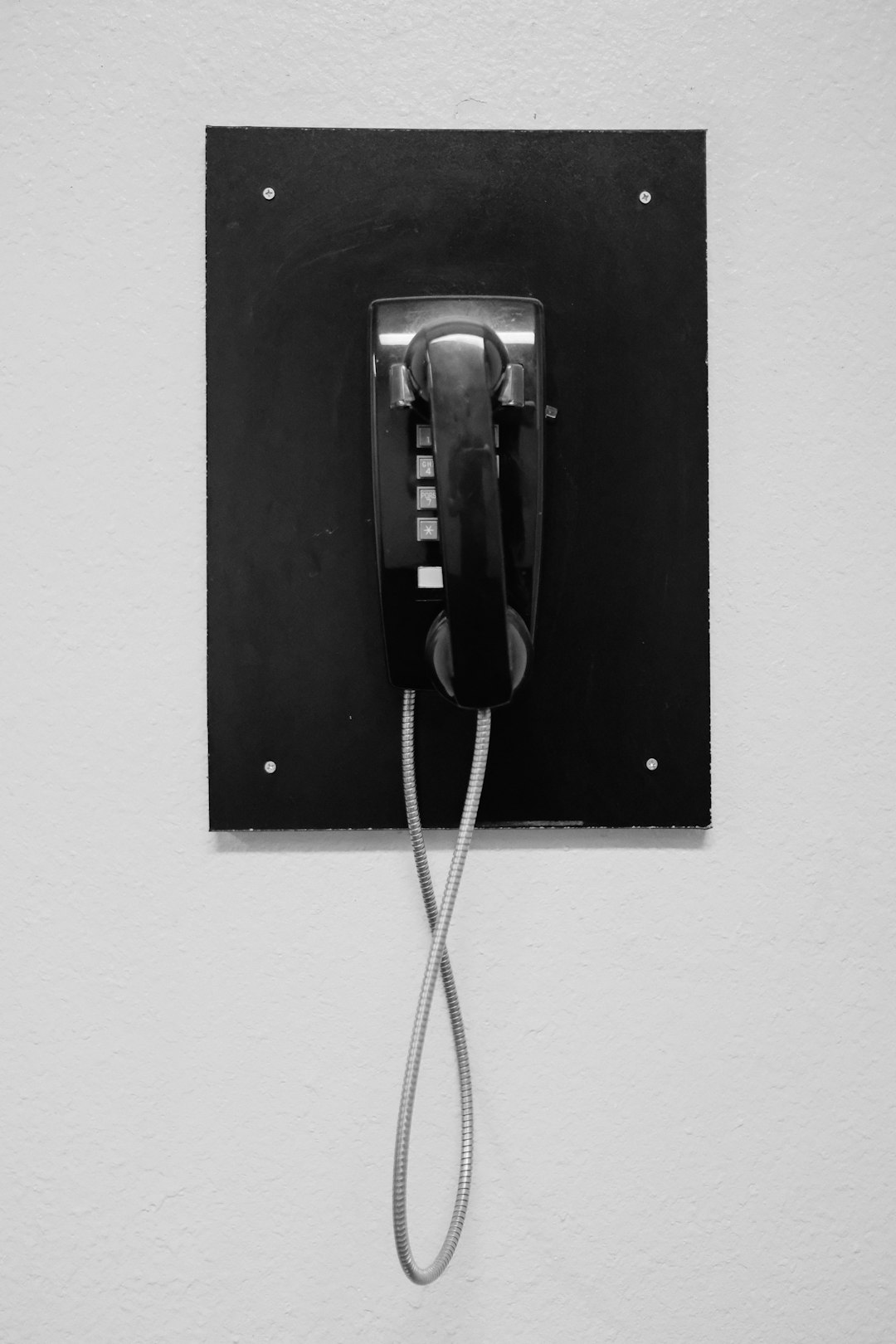Understanding Georgia's debt collection laws, including the FDCPA, is vital for debtors and collectors. These laws protect against abusive practices, empower debtors to validate debts, and ensure ethical treatment. Recognize abuse, document interactions, and report violations to authorities. The OCCC regulates these rules, offering legal redress for victims. Debtors should maintain records, remain calm, and seek professional advice to protect their rights under Georgia's Debt Collection Act.
In Georgia, understanding and protecting yourself against abusive debt collection practices is crucial. With a comprehensive grasp of state laws governing debt collectors, you can assert your rights and avoid unfair treatment. This guide navigates the intricate web of debt collection regulations in Georgia, empowering individuals to recognize, report, and combat abusive tactics. From knowing your legal rights to employing preventive strategies, learn how to safeguard yourself from unethical debt collector practices.
Understanding Debt Collection Laws in Georgia

Understanding Debt Collection Laws in Georgia is a crucial step in preventing abuse by debt collectors. The state has specific regulations that govern how collection agencies can interact with debtors, ensuring fairness and transparency throughout the process. One key law is the Fair Debt Collection Practices Act (FDCPA), which prohibits abusive or unfair practices, such as harassment, threats, or false statements.
Debtors in Georgia have rights under these laws, including the right to request validation of their debt and to stop further communication from collectors if they feel harassed. Knowing and exercising these rights can help protect individuals from excessive or inappropriate pressure from debt collectors. Understanding the debt collection laws in Georgia empowers debtors to navigate the process confidently and ensure that their interactions with collectors remain within legal boundaries.
Your Rights When Dealing with Debt Collectors

When dealing with debt collectors in Georgia, it’s crucial to know your rights under state laws and regulations. The Fair Debt Collection Practices Act (FDCPA) establishes guidelines for ethical conduct among debt collectors, ensuring they treat consumers fairly. In Georgia, these laws are further reinforced by the Georgia Fair Debt Collection Practices Act, which provides additional protections for debtors.
Under these laws, you have the right to request validation of the debt, meaning the collector must provide proof that the debt is legitimate and owed. You’re also entitled to dispute the debt and request that the collector cease contact if the debt is inaccurate or you believe it’s being collected in an abusive manner. Knowledge of your rights can empower you to navigate interactions with debt collectors effectively and protect yourself from potential abuse.
Recognizing and Reporting Abusive Practices

Debt collector abuse can manifest in various ways, from aggressive collection tactics to false claims and harassment. Recognizing these abusive practices is the first step toward protecting your rights under Georgia’s debt collection laws. If you experience any of the following, it may be indicative of unethical or illegal behavior: persistent phone calls at inconvenient hours, threats or intimidation, misrepresenting the amount owed, or using obscene language.
Reporting such incidents to relevant authorities is crucial. Document all interactions with the debt collector, including dates, times, and a detailed account of what was said. File a complaint with the Georgia Attorney General’s Office and the Federal Trade Commission (FTC). Additionally, consider reaching out to your local law enforcement agency if you’ve faced threats or physical harassment. Taking action ensures that abusive debt collectors are held accountable while also protecting others from similar experiences.
Legal Recourse for Debt Collector Misconduct

If a debt collector in Georgia engages in abusive or unfair practices, individuals have legal recourse under the state’s debt collection laws. The Fair Debt Collection Practices Act (FDCPA) is a federal law that prohibits debt collectors from using oppressive, deceptive, or unfair methods to collect debts. In Georgia, the OCCC (Office of the Consumer Credit Commissioner) oversees and enforces these rules, ensuring debt collectors adhere to ethical standards.
Victims of debt collector abuse can file a complaint with the OCCC, which has the authority to investigate and take legal action against violators. This may include seeking damages for emotional distress, actual losses incurred, or attorney fees. Knowing their rights under both state and federal laws empowers consumers to stand up against aggressive or manipulative debt collection tactics.
Effective Strategies to Avoid Debt Collector Abuse

Debt collector abuse can be a stressful and daunting experience, but there are effective strategies to avoid it. In Georgia, the Debt Collection Act provides consumers with certain rights and protections against abusive collection practices. Familiarize yourself with these laws, which include regulations on the frequency of contact, the use of threatening language, and the disclosure of your debt. If you feel you’re being subjected to unfair or illegal tactics, document every interaction with the collector, including dates, times, and details of conversations. Keep a record of any communications, including emails and letters. This documentation can be invaluable if you decide to file a complaint with the Georgia Attorney General’s Office or take legal action.
Another crucial strategy is to remain calm and professional when communicating with debt collectors. Avoid engaging in arguments or using aggressive language yourself, as this could escalate the situation. Instead, assert your rights politely and clearly. Know your rights to request validation of the debt, which means the collector must provide proof that you owe the money. If necessary, seek legal advice from an attorney specializing in consumer rights or debt collection laws in Georgia to ensure your rights are protected and to understand your options for resolving the issue effectively and fairly.






